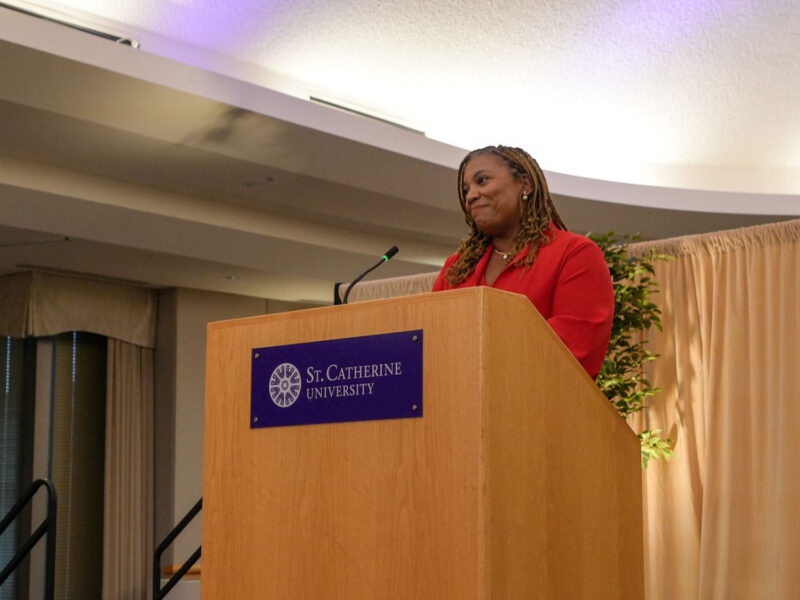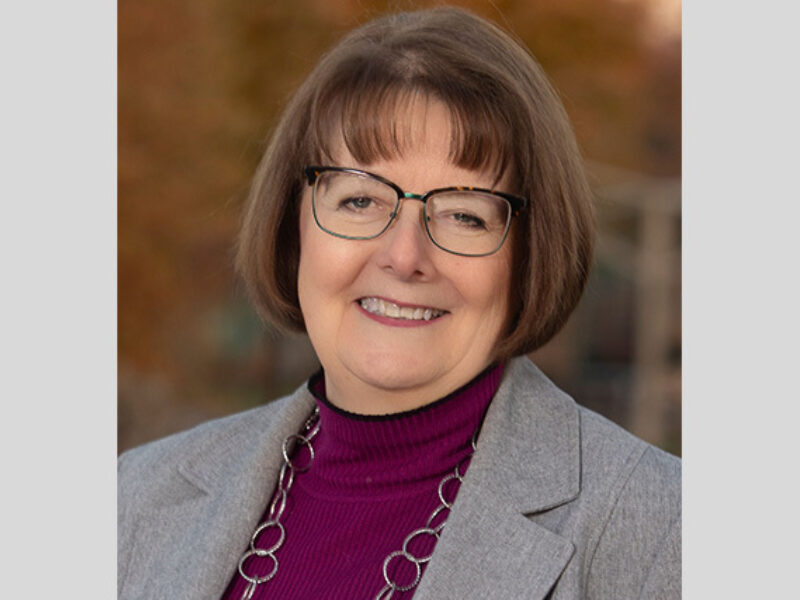Learn how your clients can transfer ownership via Transfer on Death Deed.
By Mariah Brook, Director of Gift Planning
Transferring property ownership via Transfer on Death Deed (TODD) has become a very popular way to donate real estate to charitable causes or pass it on to heirs.
Before the use of the TODD, the only ways to pass real estate at death were via probate or with the use of a trust. Most states have adopted the use of Transfer on Death Deeds because it helps owners simplify administration of their estate and sometimes even helps them to completely avoid probate.
During a property owner’s lifetime, they can record a TODD with the county in which the property sits. They can then automatically transfer ownership to a person, charitable organization or other entity at their passing. In many states, including Minnesota, ownership passes to the beneficiary immediately upon the owner’s death when a TODD has been recorded. A TODD is simple and revocable. The property owner retains ownership and use of the property during their lifetime and can revoke the TODD at any time.
If your client is interested in donating gifts of real estate via Transfer on Death Deed to support their favorite organizations and causes, the Saint Paul & Minnesota Foundation is here to help. For assistance, please contact a member of our giving team to talk about how your client can use your property to support your favorite organizations.
The Importance of Preventing Gaps in Insurance Coverage When Transferring Property Ownership
The recent case of Dawn Strope-Robinson v. State Farm Fire and Casualty Company1 created some important new insurance requirements for TODDs in Minnesota. The story behind the case is startling and the court’s decision was also surprising to many.
David Clair Strope owned a home in Orr, Minnesota. Sadly, he was dying of a terminal illness. Shortly before his death he recorded a TODD for the benefit of his niece, Dawn Strope-Robinson. David passed away on August 14, 2017, and according to Minnesota state statute, ownership of the property transferred to Dawn immediately upon his death. Just days after David’s death and before Dawn took physical possession of the property, his ex-wife intentionally set fire to the home, and it burned to the ground.
Dawn filed a claim with her uncle’s insurance company, State Farm, for the loss of the property, but they denied the claim for the loss of the building because David’s policy ended at the time of his death. Since Dawn wasn’t insured under the policy, the court ruled in favor of State Farm Insurance based on the terms of David’s insurance contract.
This ruling created an unexpected gap in the law that left property owners at risk.
Under the law at the time of this case, beneficiaries of a TODD couldn’t get insurance on the property until the original owner died. They didn’t have an insurable interest in the property. If there was damage to the property before new insurance could be acquired, the beneficiary had no recourse to recover that loss through insurance.
The Minnesota legislature created statute 507.072 governing property insurance for grantee beneficiaries of TODDs. This statute seeks to prevent gaps in insurance coverage by requiring insurance companies to extend coverage to the grantee when real estate is transferred via a TODD. To benefit from this new law, property owners are required to follow specific steps outlined in the statute. This new Minnesota law went into effect August 1, 2024, and other states are expected to pass similar laws.
This case didn’t involve a charitable gift, but it does create new best practices for any nonprofit that is named as beneficiary of a TODD.
Nonprofit organizations that have been named as a beneficiary of the deed may want to reach out to their donors to alert them of these new rules so that they can consult with their legal advisors. These organizations may also want to coordinate with their outside counsel to draft an appropriate letter and/or talking points.
We can also facilitate gifts of real estate for nonprofits that need help with these kinds of complex gifts.
At the Saint Paul & Minnesota Foundation, we are experts at accepting gifts of real estate. We’ve been helping Minnesotans make gifts of real estate for the benefit of their favorite causes for decades. Reach out to us at 651.244.5463 or email us at philanthropy@spmcf.org.
1Strope-Robinson v. State Farm Fire & Casualty Company, 429 F. Supp. 3d 634 (D. Minn. 2019), aff’d, 844 F. App’x 929 (8th Cir. 2021)
The Saint Paul & Minnesota Foundation does not provide tax, legal or accounting advice. Please consult your own tax, legal and accounting advisors regarding your individual situation before engaging in any transaction.
As Director of Gift Planning at the Saint Paul & Minnesota Foundation, Mariah Brook helps individuals and families initiate and express their philanthropic plan to maximize their giving. In her role, Mariah also provides nonprofits the support to start and grow their endowments and works alongside professional advisors to help them achieve their client’s philanthropic goals.









